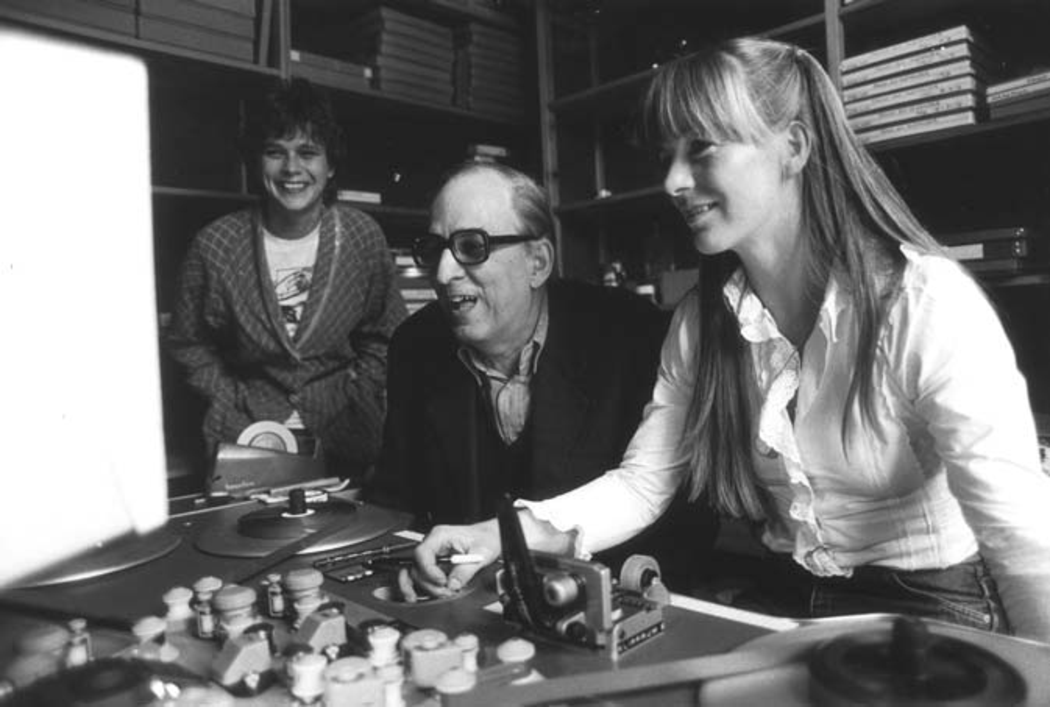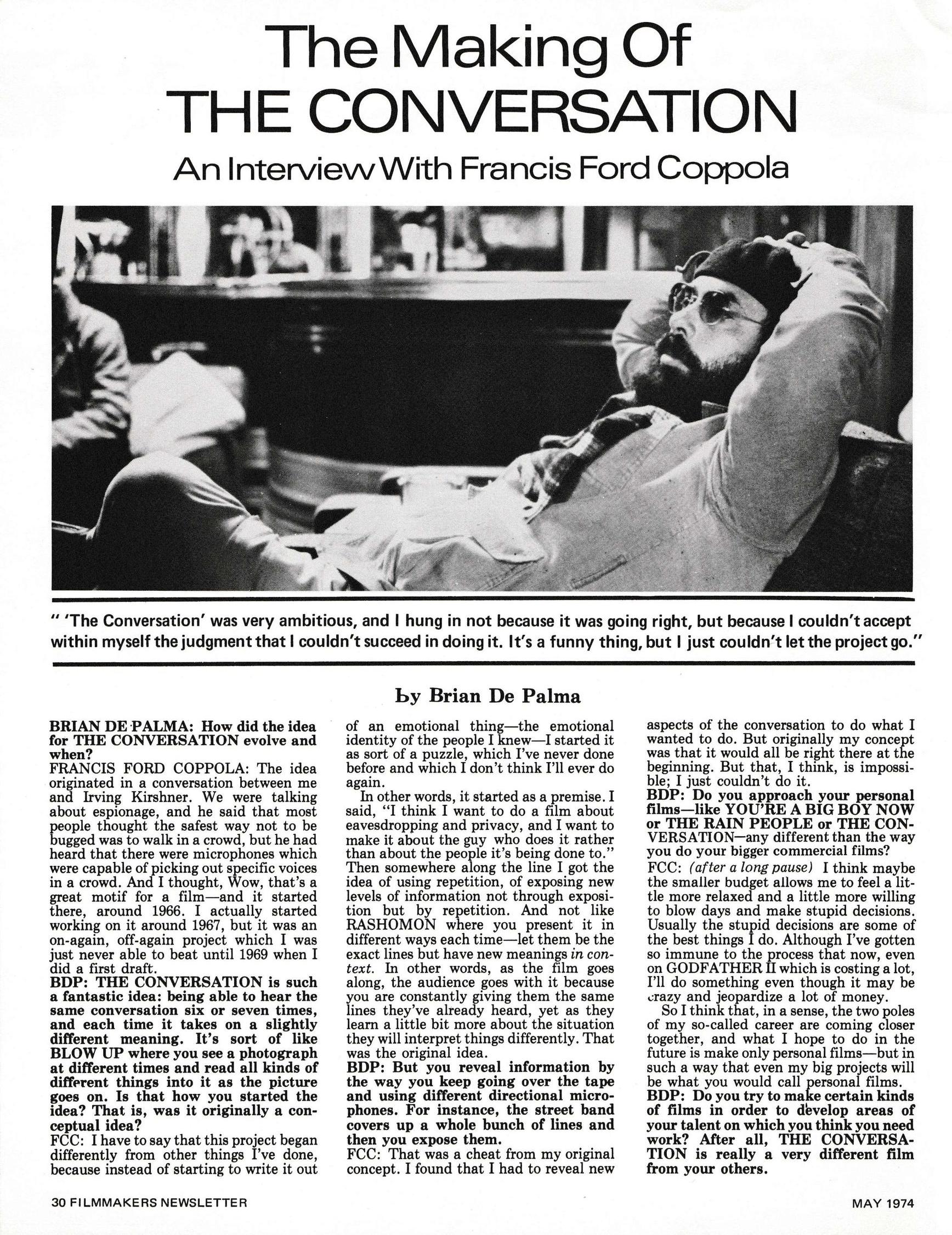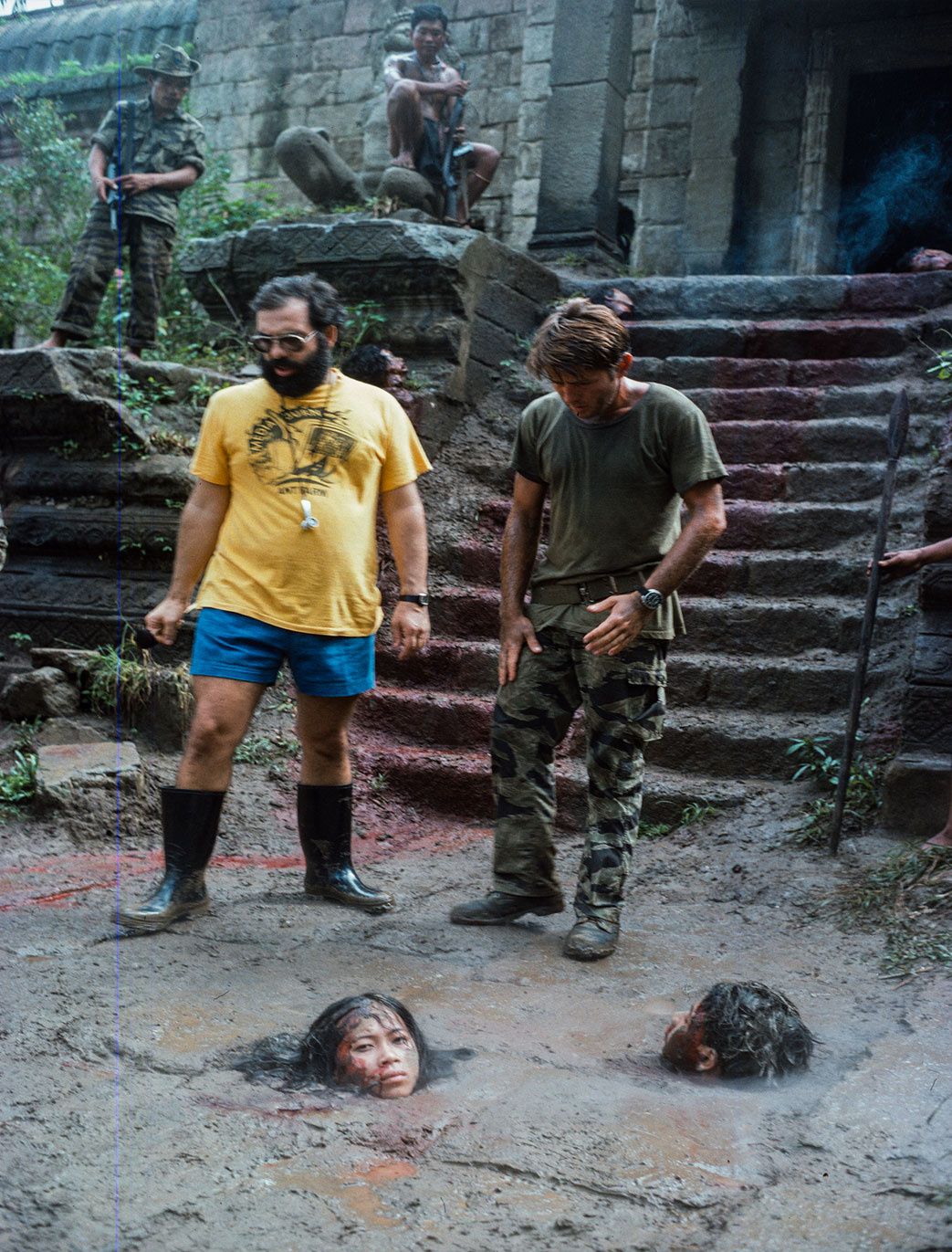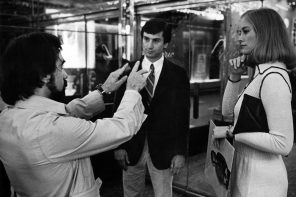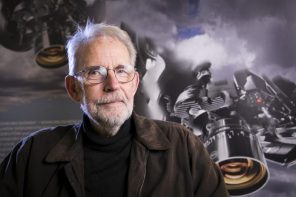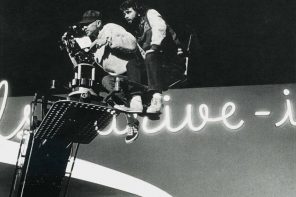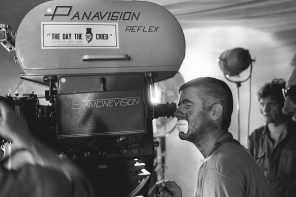When legendary editor and sound designer Walter Murch talks, you better listen. Murch has been editing sound in Hollywood since starting on Francis Ford Coppola’s film The Rain People (1969). He edited sound on American Graffiti (1973) and The Godfather: Part II (1974), won his first Academy Award nomination for The Conversation (1974), won his first Oscar for Apocalypse Now (1979), and won an unprecedented double Oscar for sound and film editing for his work on The English Patient (1996).
There is something of the confession booth to the editing room, where the omissions and commissions of shooting are whispered and discretely absolved by concealment or alchemically transformed into discoveries. Or maybe it is due to the very lack of deep-rooted tradition: there is not (yet) a rich vocabulary to describe what goes on as moving images mingle and fertilise each other, so we remain mute. Or cryptic: ‘Why did you make that cut?’ ‘I don’t know—it just felt right.’ Whatever the cause, this reticence is thankfully—after more than a hundred years—beginning to disappear. Several compilations of interviews with American film editors have been published in the last decade, but Fine Cuts: The Art of European Film Editing is notably the first collection to focus on European editors with their inspiringly diverse ways of assembling film. It also features illuminating guest appearances by a number of European directors—Godard, Varda, Tarkovsky, Truffaut, Mackinnon, Tarr—offering their insights into the editing process.
What gives all of these interviews their complexity and warmth is not only the ten different nationalities, but even more so the richly diverse and ‘uncinematic’ family backgrounds of the editors collected here. Had they followed in their parents’ footsteps they would have instead become teachers, pilots, tailors, doctors, farmers, chemists, vegetable sellers, astronomers, bookkeepers, salesmen, road workers, dry cleaners, dentists or civil servants. Luckily for the readers of this marvellous book, and for world cinema, they took another route and—to use Godard’s evocative description of film editing—transformed chance into destiny, making the varied circumstances of their lives a reflection of montage at its most sublime, when accidental moments are propelled by structure into inevitability. —Walter Murch
We highly recommend this excellent book of interviews by Roger Crittenden. The book is available at Amazon. Photos courtesy of Michal Leszczylowski, Jacob Forssel, and Roberto Perpignani.


